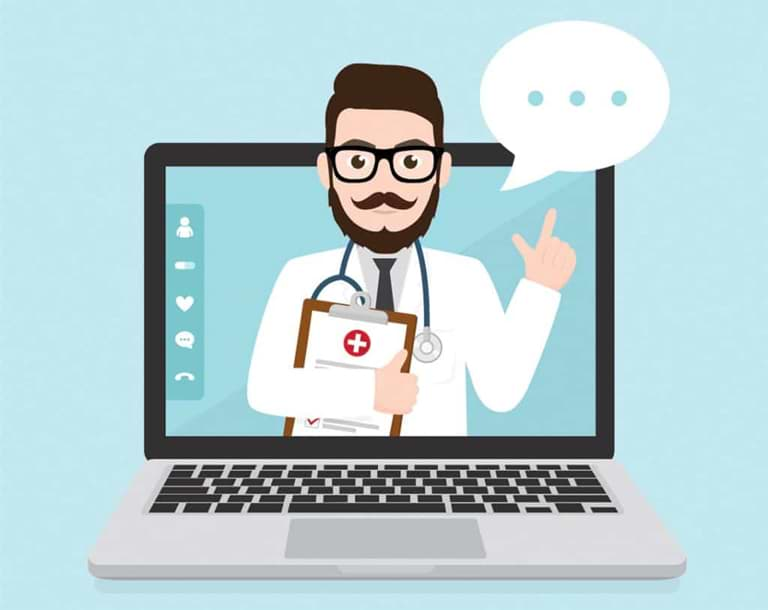The other day my practice got a call from a middle-aged woman who had just been diagnosed with cancer. After a bit of discussion about how cannabis medicine could be helpful to her, she stated that she really felt well and had no reason to start cannabinoid medication at this time. She didn’t want to make an appointment now.
Since I was hearing about this interaction after the fact, I was explaining to my staff that this was the very best time for that woman to have an appointment. She’s well now, but we can predict that she won’t feel so well shortly and now would be the time to get the ball rolling.
One of the frustrations in my line of work, as a physician and Cannabinoid Specialist, is meeting patients too late. In some sense, there is no too late – it’s never really too late to help make someone feel better. However, I’m often called in only when the suffering has become overwhelming and all other medical resources have failed. This feels “too late” to me and fosters needless suffering.
Cannabinoids can be powerful medicine when used correctly (and detrimental when not). It is among few medications that can safely address a range of symptoms from pain to nausea to insomnia to anxiety. It is particularly useful in folks who have developed chronic pain or who have symptoms related to cancer. In medicine we call this palliation.
Palliation was originally conceived as treating pain in patients who were dying of cancer. It took a certain, “well they’re dying so there’s nothing to lose” attitude which, I think you can see might be off-putting to many.
Palliation as evolved, however. It is now focused not exclusively on dying patients but rather on all patients who are suffering. Quality of life is the goal. Sometimes this is at-odds with further disease-focused treatment, but usually not. It is quite possible to try to treat a disease while also treating the symptoms of the disease and/or the other treatments in order to achieve disease treatment benefits and best quality of life. It needn’t be, nor should it be, either/or.
With many illnesses it’s possible to anticipate how things will go. Even, for example, with a cancer that has a good long-term prognosis, we can anticipate that the treatment may be long and uncomfortable. For this reason, when chemotherapy is initiated many supportive medications like pain meds, anti-nausea medications, sleep medications, and others are typically prescribed as well. This provides access to medications that are likely to be needed to cope with the treatment of the tumor.
Cannabinoid medications are a little bit more complicated to prescribe than many of those supportive medications. This is, in part, due to the nature of cannabinoids, in part to lack of familiarity with cannabinoid medications by other medical specialties, and in large part due to the informal way the cannabis industry was regulated for medical use. The sum of these issues leads to needing a specialist doc and to needing some time to get squared away prior to actually needing the medication.
If you have a diagnosis of cancer, or of chronic pain and are thinking about needing opioid pain meds, please come see a Cannabinoid Specialist soon. Don’t wait until you’re at the end of your rope! It takes time to get set up, to work out what dose will be effective for you, and to become comfortable with the medication. It is always safer and easier to start these medications before things are too bad. Further, there is no good reason to suffer until things are unbearable. Cannabinoids can be used gently while there is only a little need and modified later to address more significant needs. As with all of your doctors, we’re here to provide advice and guidance, including when and how best to start treatment.
Consult with a Qualified Boston Medical Marijuana Expert Today
Those considering using THC, CBD, or any type of medicine found in cannabis to help manage their condition should consider speaking to a trained medical expert who is knowledgeable about using cannabis therapeutically. Massachusetts medical marijuana doctor Jordan Tishler, M.D. sits on the faculty of Harvard Medical School and has years of experience helping patients treat pain and other ailments using cannabis. He and the team at InhaleMD stand ready to assist patients in determining whether medical marijuana is right for them. For more information, or to set up a virtual consultation with the team at InhaleMD, call us at (617) 477-8886 today.

